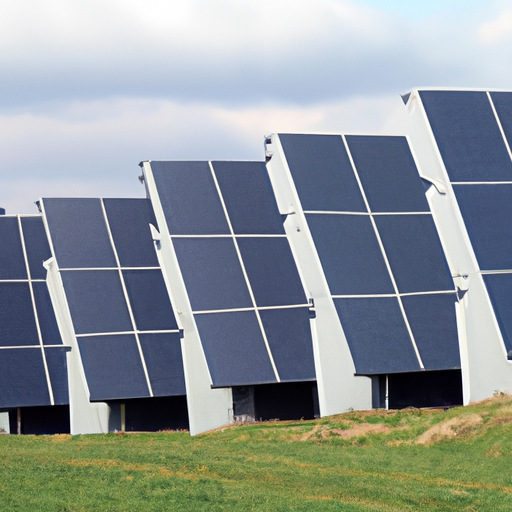The push for clean energy solutions has led to the emergence of green hydrogen technology as a powerful tool in the fight against climate change. Unlike traditional hydrogen production methods that rely on fossil fuels, green hydrogen is generated through renewable energy sources, making it a sustainable alternative.
What is Green Hydrogen?
Green hydrogen is produced by electrolysis of water, using electricity generated from renewable sources such as solar or wind energy. This process splits water molecules into hydrogen and oxygen, resulting in hydrogen that is free from carbon emissions.
Benefits of Green Hydrogen
- Zero Emissions: Green hydrogen production emits no greenhouse gases, making it a crucial player in achieving net-zero targets.
- Energy Storage: It offers an effective way to store excess renewable energy, helping to balance supply and demand.
- Diverse Applications: Green hydrogen can be used across various sectors including transportation, industrial processes, and power generation.
Challenges Ahead
Despite its potential, the widespread adoption of green hydrogen technology faces several challenges. These include high production costs, the need for advanced infrastructure, and the current limitations in electricity generation from renewable sources.
The Future of Green Hydrogen
As countries strive to meet sustainable energy goals, investments in green hydrogen technology are expected to increase. Governments and private sectors are coming together to develop the necessary infrastructure, ensuring that green hydrogen becomes a mainstay in the energy transition.
In conclusion, green hydrogen technology represents a promising solution for creating a sustainable and environmentally friendly energy future. Its potential to decarbonize various sectors makes it an essential component of our efforts to combat climate change.
Stay tuned for more updates on how green hydrogen is shaping the future of renewable energy!






